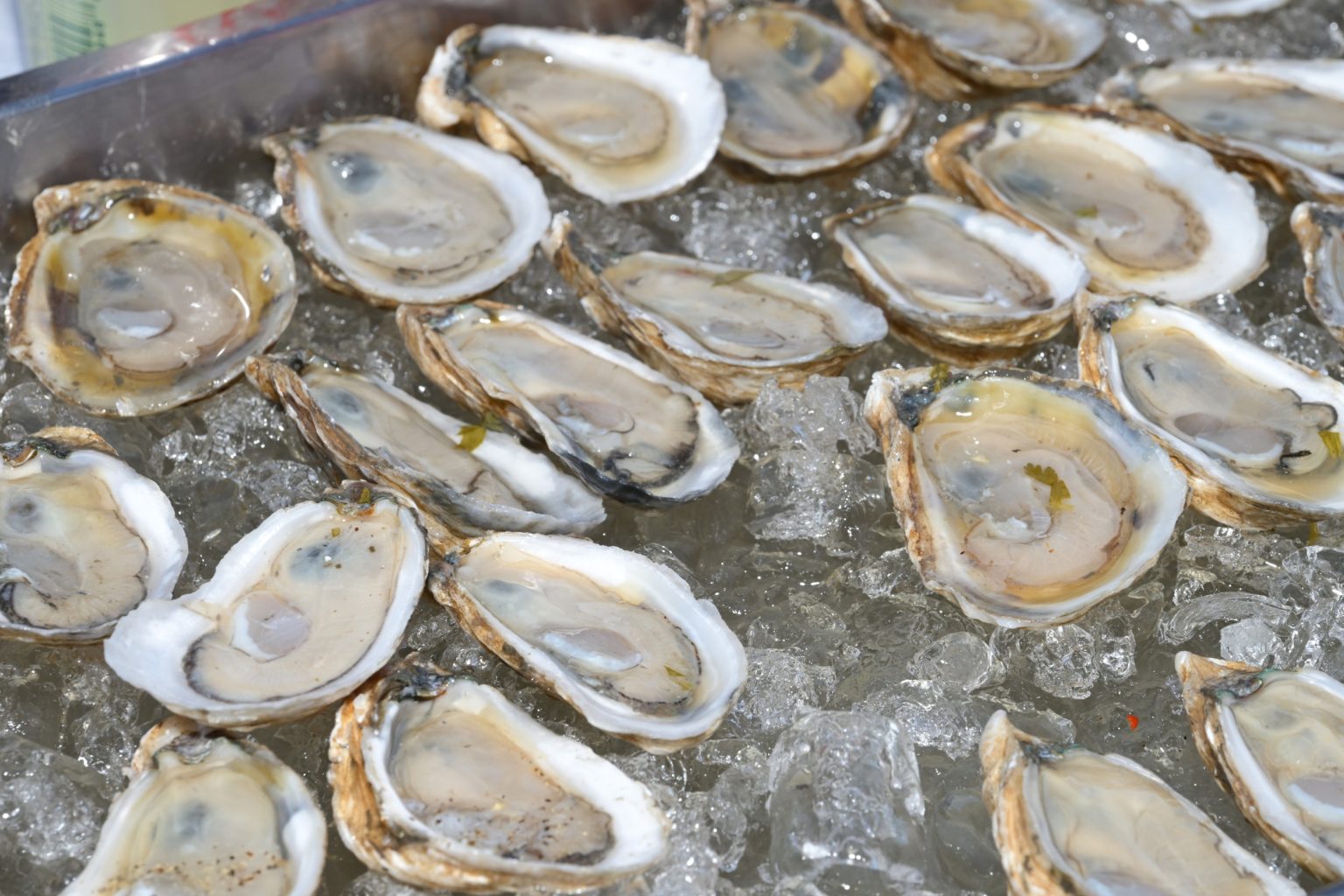Summarize this content to 2000 words in 6 paragraphs The U.S. Food and Drug Administration (FDA) is warning consumers to steer clear of a specific kind of oyster ahead of the Super Bowl this weekend.Why It MattersMore Americans became sick from contaminated food last year, with the number of hospitalizations and deaths from foodborne illness doubling from 2023.Recalls due to listeria, salmonella or E. coli increased significantly in 2024, comprising about 40 percent of the totals for the FDA and U.S. Department of Agriculture combined, according to the U.S. Public Interest Research Group.
A batch of oysters at the Food Network New York City Wine & Food Festival on October 20, 2024, in New York City.
A batch of oysters at the Food Network New York City Wine & Food Festival on October 20, 2024, in New York City.
Slaven Vlasic/Getty Images for NYCWFF
What To KnowRestaurants and food retailers are being warned to discard oysters harvested from Louisiana Area 3 from January 10 through February 4 of this year.This affects businesses in Alabama, Florida, Louisiana, Maryland, Mississippi, North Carolina, Texas and potentially other states.The recall includes oysters for the half-shell market, shucked, frozen, breaded and postharvest processed oysters. All could pose a risk of norovirus, the FDA said.Due to the health concern, all eateries and food sellers should not offer these oysters and dispose of them immediately.Fifteen people became ill with norovirus-like illnesses after eating Louisiana oysters harvested from Area 3 at several New Orleans restaurants from January 15 to January 31, according to the Louisiana Department of Health.If you eat an oyster that has been contaminated with norovirus, you could experience illness even if the oyster looks, smells and tastes normal.If you already consumed the oysters, the FDA recommends contacting a health care provider and reporting any symptoms to your local health department.Norovirus can cause diarrhea, abdominal cramps, nausea, vomiting and fever. These symptoms typically develop 12 to 48 hours after exposure to norovirus, with the majority of those sickened feeling better within one to three days.What People Are SayingAlex Beene, financial literacy instructor for the University of Tennessee at Martin, told Newsweek: “While this recall is more than likely not going to affect those nationwide, individuals who purchased these oysters in the common retail area definitely need to take this warning seriously and discard or return ones they’ve purchased. This particular recall mainly impacts customers in a few states – Louisiana, Alabama, Mississippi, Florida, and a few others – that carry these oysters out of fear they could be contaminated with norovirus. With any recall like this, you want to listen to the warning.”Teresa Murray, consumer watchdog director of the U.S. Public Interest Research Group, told Newsweek: “Consumers should not mess with contaminated oysters or any oysters that might have been part of a recall. No one should dismiss this; norovirus in oysters can be quite serious. We typically see a handful of recalls for oysters every year.”She added: “People who are in vulnerable health — young children, the elderly, pregnant women or anyone who is immunocompromised — should talk with their doctor before eating foods that have higher than normal likelihood of contamination. Anything that’s uncooked or undercooked may fall in that category.”What Happens NextBeene said consumers should avoid ignoring the FDA warning or feeding the oysters to animals.”Don’t assume the ones you purchased will be okay or even consumable by pets,” Beene said. “They need to be either thrown in the garbage or taken back to the retailer from which they were purchased.”Each year, there are about 2,500 reported norovirus outbreaks, according to the U.S. Public Interest Research Group. The virus also causes 900 deaths a year, mostly among those age 65 and older.As New Orleans restaurants prepare for the Super Bowl rush, they’ll need to prioritize other appetizers and ensure that no contaminated oysters are on the menu, Murray said.”They’ll either have to scramble for alternative suppliers or find other appetizers for Super Bowl fans to enjoy,” Murray said. “We’d hope patrons wouldn’t give the restaurants a hard time for complying with the recall and taking steps to keep them safe.”







